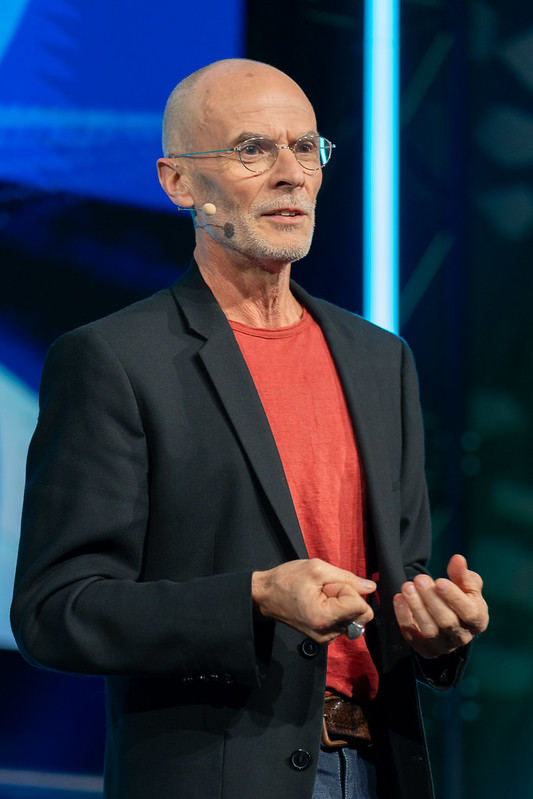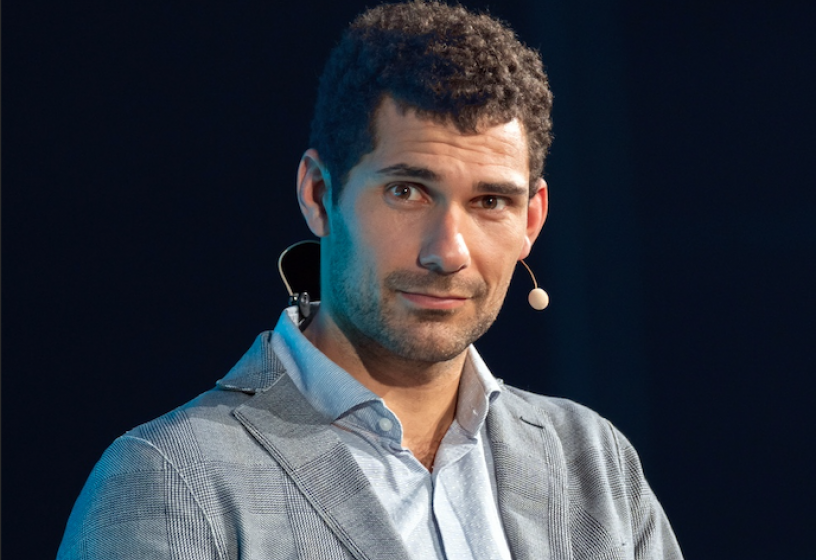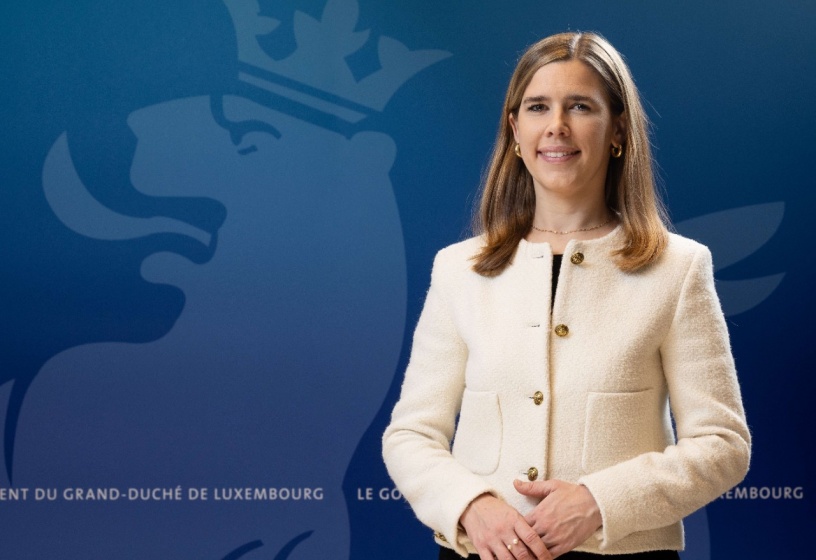Tribune: Samuel Nowakowski
Building a Strong Digital Citizenship

With the advent of AI, humanity saw itself as even more extraordinary, even more powerful, even more... unstoppable. Defying the lessons of science and history, many believed they had finally created a tool that could solve every problem—even the most complex ones—and free them from every burden. But dazzled by this illusion, whose effects on the world are immense, some have lost sight of the culture of reverence that has underpinned countless systems since the dawn of civilisation.
Today, the state of the planet compels us to embrace humility. The urgency of our situation calls for retreating, stepping back, and reducing our impact. Above all, it demands that we rethink politics—not merely through the lens of technology and human dominance, but with an emphasis on solidarity and shared stewardship of the world. The goal isn’t to reject artificial intelligence but to critically examine what it gives us, what it takes away, what we want to preserve, and what we’re willing to let go. This reflection is essential to shaping the kind of society we aspire to build and imagining a future worth striving for.
More than half a century ago, a well known science fiction author, Isaac Asimov, set out the 3+1 laws of robotics. These laws, expressed in several texts, defined limits on the actions of robots to protect humans and humanity. On closer examination, however, these laws were never actually intended to regulate the behaviour of automated machines or robots. Instead, they act
as a mirror we must hold up to ourselves—the humans who design, overproduce, and exploit compelling technologies at the expense of our own lives and the living world. They urge us to reflect on the conditions of their use, their creation, and, above all, the boundaries we must establish to curb our excesses.
Why? Because we are at a decisive moment. The moment that matters is not when we foresee a future event happening at a specific point in chronological time but when we perceive that something is already unfolding. In the context of thinking about AI, this is precisely what we need to grasp: what is currently happening with data and how it is being used and exploited in various ways. This includes discussions about reducing the impact of AI, developing responsible and sustainable AI, and ensuring that education rises to the occasion to support a strengthened digital citizenship.
Yes, it is an act of citizenship, a vital issue for demtocracy! Viewing AI as the ultimate political project of society risks overlooking the myths tied to technological promises. The myths surrounding AI aim to create a blurred perception of its reality and influence legal transformations that facilitate its deployment. This contributes to a narrative designed to reshape the law, legitimising the disruptive power of technology and, by extension, establishing the dominance of major corporations. These corporations position themselves as both protectors and solutions to the fears of ordinary people. In the face of systems that challenge the production of knowledge, decision making, and the very structure of power, citizens must strive to retain expertise across all fields of knowledge. This is essential to maintaining the ability to set boundaries on the relentless advance of AI. Being a citizen today means understanding what we are dealing with, equipping ourselves to engage in critical debates about AI—its role, the myths fuelled by billions of dollars, and the shift of power from democratic institutions to private actors. Only then can we decide, with clarity and purpose, what kind of humans we wish to be and what kind of society we want to build, both now and in the future.
One fundamental principle is ensuring that AI systems benefit individuals, society, and the environment while respecting human rights, diversity, and individual autonomy. At this stage, it is worth recalling that UNESCO has emphasised the importance of solidarity among the various stakeholders in the AI industry—users, designers, policymakers, and citizens—as an essential element in building a “knowledge society.” Perhaps a promising approach would be to consider an ecology of technology, explicitly incorporating artificial intelligence. This would allow us to identify the paths available, considering the effects and repercussions on our lives, societies, and those of non-human beings and living ecosystems. This calls for a renewal of the narrative that binds us together, as shifting this narrative will not only reshape how we approach AI, technology, and society — it will transform everything.

Watch on replay Samuel Nowakowski's speech on AI, at the Luxembourg Sustainability Forum (https://youtu.be/JTtos7iTHPA?si=b7_1Z0Dx98zqQRep).
Samuel Nowakowski is a lecturer and researcher specialising in Digital Humanities at the University of Lorraine, the École des Mines de Nancy, and Sciences Po. He also serves as a Scientific Council for the Digital Humanism Foundation member. A former adviser on information and communication technologies to the French Secretary of State for Industry, he is recognised as a pioneer in developing educational and civic applications of digital tools. Notably, he has collaborated with Steve Jobs. Through his research on web usage modelling, artificial intelligence, and intelligent companion systems, he examines the profound impact of digital technology on humanity. His book, Demain est-il ailleurs ? Odyssée urbaine autour de la transition numérique (Is Tomorrow Somewhere Else? An Urban Odyssey Through the Digital Transition) delves into digital citizenship.
Also to read in the dossier ''AI, Encouraging Techno-Awareness'':



